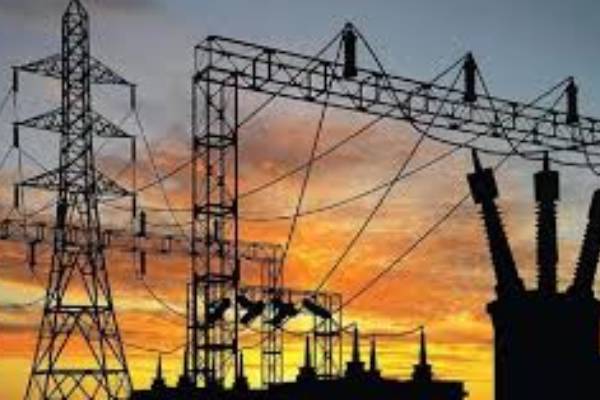As the debate over electricity tariffs continues across Nigeria, with some states announcing cuts and Distribution Companies (DisCos) pushing back, energy expert and public policy analyst Abdulrazaq Hamzat has called on the Nigerian Electricity Regulatory Commission (NERC) to abandon the current “one-size-fits-all” approach to pricing.
Hamzat, an energy economist and Executive Director of the Foundation for Peace Professionals (PeacePro), described the existing national tariff structure as outdated, centralised, and inconsistent with Nigeria’s federal system and the provisions of the Electricity Act 2023.
“Expecting Enugu to pay the same electricity tariff as Lagos is both illogical and unjust,” Hamzat said on Friday. “Nigeria is a federation, and our energy pricing must reflect that.”
He urged NERC to adopt a more flexible, multi-layered pricing system based on state-specific economic realities, infrastructure capabilities, and energy objectives. According to him, tariffs should be determined by service delivery, not political convenience.
Hamzat proposed a five-tier tariff model to replace the current uniform system:
-
Cost-Reflective Tariff – For states with high commercial viability, ensuring full cost recovery for DisCos and GenCos.
-
Service-Based Tariff – Linking tariffs to actual supply hours, to encourage improved service delivery.
-
Subsidised Lifeline Tariff – Targeted at low-income and underserved communities, ensuring access to basic electricity, while industries pay adjusted rates.
-
Renewable-Driven Local Tariff – For states investing in mini-grid or off-grid renewable energy, allowing pricing autonomy based on local supply dynamics.
-
Performance Contracting Model – Connecting tariff levels to performance benchmarks agreed between states and service providers.
He noted that the Electricity Act 2023 grants states the authority to generate, transmit, and distribute electricity within their borders — a development that should reshape Nigeria’s power sector.
Hamzat commended Lagos, Kaduna, and Edo States for taking steps towards localised energy regulation and governance.
“The future of Nigeria’s power sector is decentralised,” he stated. “NERC must stop imposing blanket decisions that ignore the diverse realities across the country.”
Hamzat warned that if the regulatory commission fails to adapt to these new legal and economic realities, it risks becoming a barrier to progress rather than a driver of reform.
“What Nigeria needs is flexibility, transparency, and fairness — a pricing system that empowers states to define their own energy future,” he concluded.





